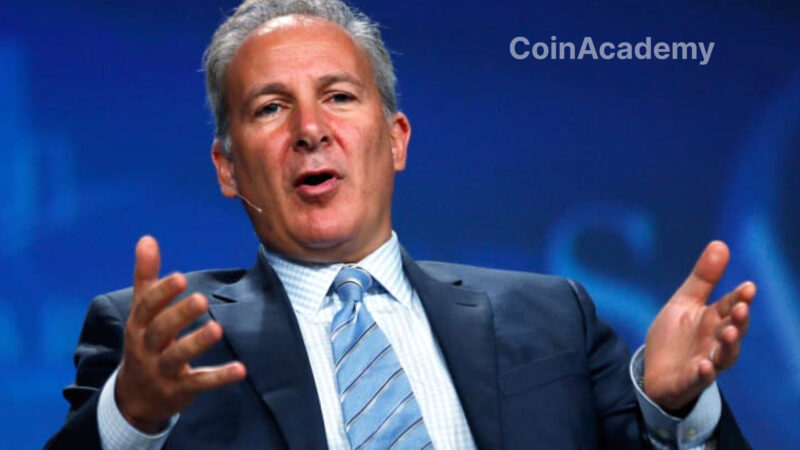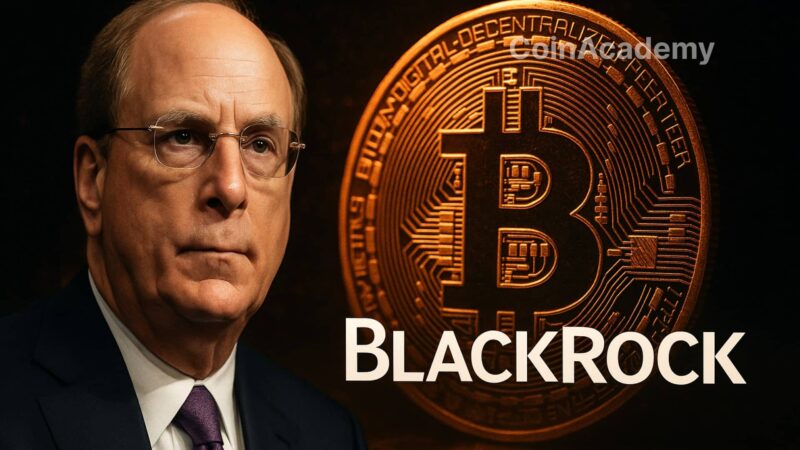In a meaningful move, US-based stablecoin issuer Circle has come to the defense of Binance, the world’s largest cryptocurrency exchange platform, in its ongoing legal battle against the SEC. Circle’s central argument is based on the premise that stablecoins, which are cryptocurrencies backed by stable assets such as the dollar, should not be classified as securities. This is mainly because users do not anticipate profits solely from acquiring them.
Binance in the crosshairs of the SEC
Earlier in June, the SEC brought charges against Binance, alleging that the platform engaged in trading unregistered securities. The list included several popular cryptocurrencies such as Solana’s SOL, Cardano’s ADA, and Binance’s own stablecoin, BUSD. This case has garnered immense attention in the crypto industry, highlighting a broader debate on the applicability of current US financial regulations to the rapidly evolving world of digital assets.
Decades of legal precedent support the notion that the sale of assets – detached from any promise or obligation of the seller after the sale – is not sufficient to establish an investment contract.
Circle
Circle’s legal submission firmly asserts that payment-focused stablecoins, devoid of any post-sale obligations by the seller, do not possess the inherent characteristics of investment contracts. Their reasoning is grounded in a well-established body of jurisprudence supporting the perspective that the act of simply selling an asset, without any subsequent obligations, does not inherently equate to an investment contract. Additionally, Circle has received support from former commodity regulator Heath Tarbert, further bolstering their position.
The SEC’s allegation against Binance is based on the claim that Binance marketed BUSD with the promise of returns through reward schemes. In response, Binance, along with its US subsidiary and owner Changpeng “CZ” Zhao, attempted to dismiss the SEC’s allegations last week, claiming regulatory overreach without congressional directive.




